Understanding Skel Trucks: A Comprehensive Overview
Skel trucks, also known as skeletal trucks, are a fundamental component of the logistics and transportation sector. Designed specifically for transporting containers, these vehicles showcase a robust and versatile structure that promotes efficiency and optimization. The inherent design allows for seamless intermodal transport, making it easier for businesses to move goods across various modes of transportation, including ships, trains, and trucks.
Key Features of Skel Trucks
Robust Frame Structure: Skel trucks are engineered with a durable skeletal frame that can withstand heavy loads while maintaining structural integrity.
Container Compatibility: These vehicles are primarily designed to accommodate standard shipping containers, including 20ft and 40ft containers.
Versatile Loading Options: Their unique container securing system allows for rapid loading and unloading, providing a fluid logistics experience.
Enhanced Maneuverability: Many skel trucks feature advanced steering mechanisms that enhance their maneuverability, vital for navigating tight urban environments.
Weight Distribution: Optimally designed for weight distribution, skel trucks help in achieving maximum load capacity while ensuring compliance with legal weight regulations.
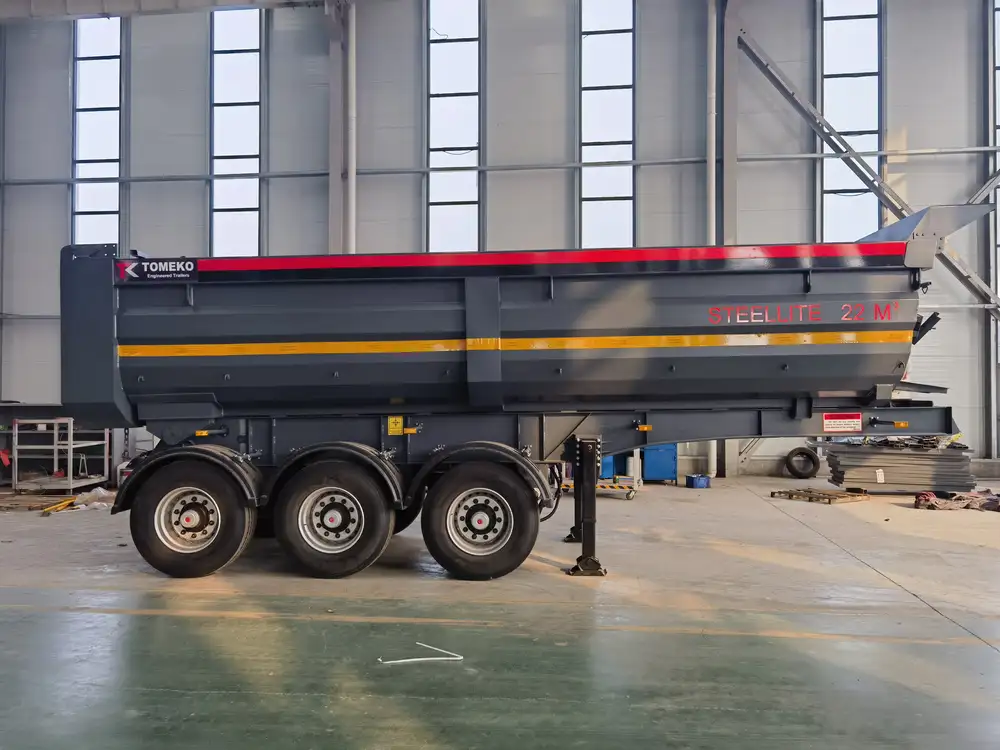
The Advantages of Using Skel Trucks in Transportation
1. Efficiency in Transporting Containers
To fully comprehend the operational advantages of skel trucks, one must first look at their efficiency in container transport. The skeletal design significantly reduces the overall weight of the truck, allowing for heavier payloads without exceeding regulatory limits. Moreover, the ability to transport multiple containers at once enhances route efficiency, reducing fuel consumption and operational costs.
Comparison of Load Capacities
| Type of Truck | Average Payload Capacity | Optimal Container Size |
|---|---|---|
| Skel Truck | 30,000 – 34,000 lbs | 20ft, 40ft |
| Flatbed Trailer | 48,000 lbs | Custom sizes |
| Refrigerated Truck | 30,000 lbs | Variable |
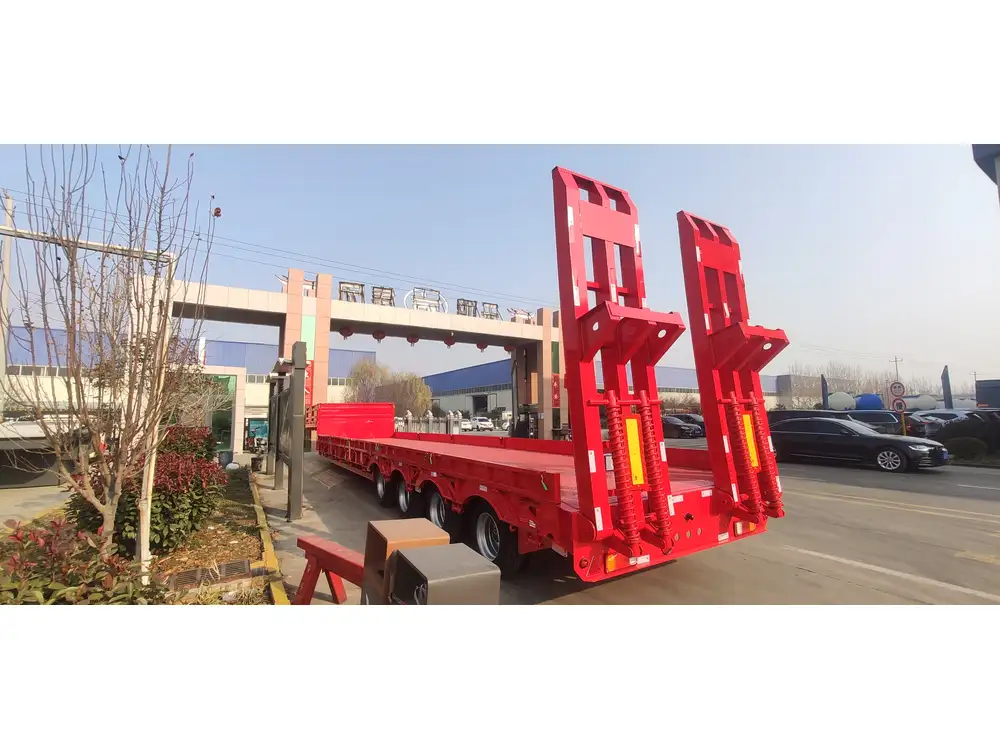
2. Flexibility in Operations
The versatility of skel trucks extends beyond mere transportation. Their ability to adapt to various container types—both refrigerated and standard—makes them an ideal choice for businesses dealing in diverse goods and commodities. This flexibility is critical in industries such as retail, agriculture, and construction, where the nature of goods often varies.
3. Cost-Effectiveness
Considering the long-term investment, skel trucks present a cost-effective solution for companies looking to streamline their operations. With lower upfront costs compared to other specialized trailers, combined with reduced fuel consumption and maintenance costs, skel trucks significantly enhance profit margins.
How to Choose the Right Skel Truck for Your Business
Selecting the proper skel truck requires a nuanced understanding of your specific operational needs. Here are crucial factors to consider:
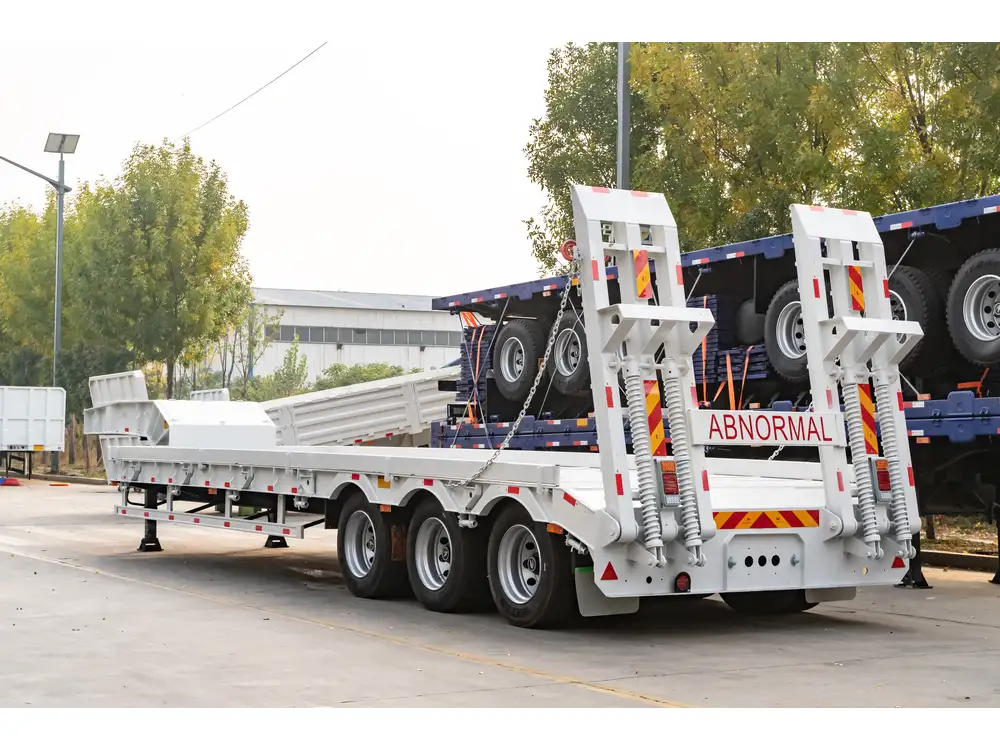
1. Determine Your Load Requirements
Start by assessing your typical payload and the types of containers you’ll handle. This will guide you in selecting a skel truck with the appropriate capacity and configuration. Always consider the maximum and minimum weights you might encounter.
2. Assess Compatibility with Existing Equipment
Ensure that the skel truck you choose is compatible with your existing fleet and infrastructure. This includes checking the compatibility of loading docks, transport routes, and auxiliary equipment.
3. Evaluate Build Quality and Durability
A skel truck is an investment. Opt for models constructed from high-grade materials that provide longevity and reliability under heavy use. Look for warranties and after-sales support features offered by manufacturers.
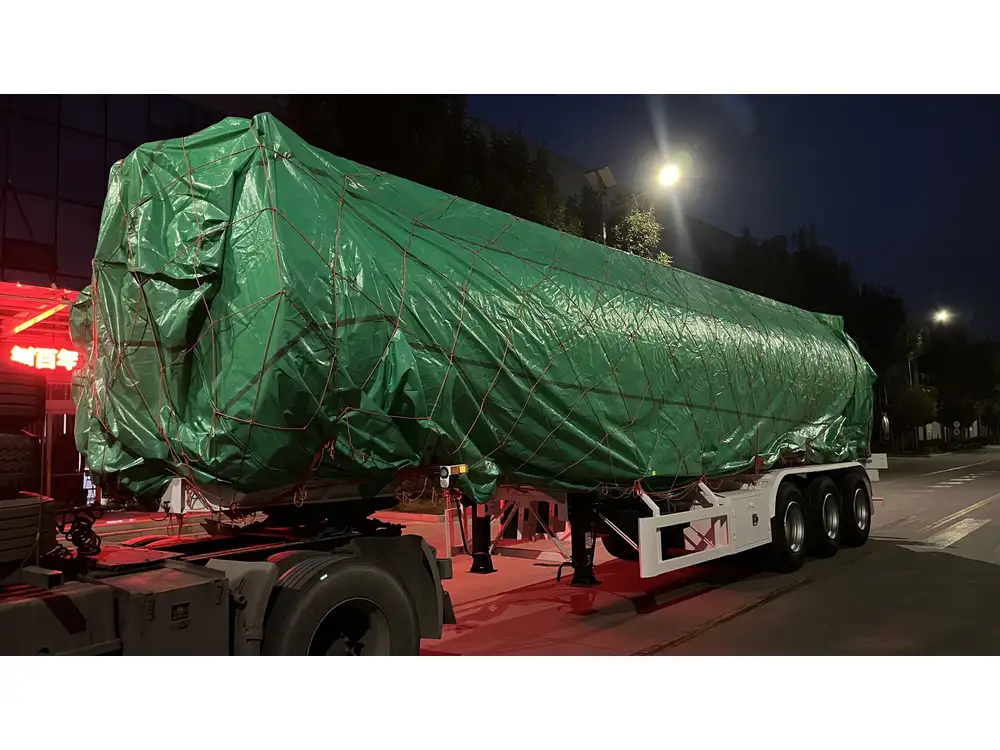
4. Analyze the Maintenance Requirements
Routine maintenance is vital for operational efficiency. Evaluate the ease of access to critical components and look for established service networks for potential repairs or parts replacement.
5. Consider Technology Features
Modern skel trucks come equipped with various technology enhancements such as telematics systems for real-time tracking, advanced braking systems for safety, and fuel-efficient designs. Implementing these technologies can provide significant operational advantages.
Regulatory Compliance and Safety Features
Compliance with regional and international transport regulations is critical for any transportation business. Skel trucks must adhere to various legal standards, including weight limits, emissions regulations, and safety features.

Safety Features to Look For
Anti-lock Braking Systems (ABS): Helps prevent wheel lock-up during sudden stops.
Electronic Stability Control (ESC): Aids in maintaining control during unforeseen road conditions.
Rear-View Cameras and Sensors: Improves visibility and reduces blind spots during reverse maneuvers.
Load Sensors: Monitors the weight of the cargo in real-time, assisting drivers in maintaining legal weight limits.
The Future of Skel Trucks: Trends and Innovations
1. Sustainability in Design
The push for greener practices in transportation is changing the design landscape of skel trucks. Manufacturers are exploring lightweight materials, alternative energy sources, and more efficient engine technologies that minimize environmental impact.

2. Smart Technology Integration
As the logistics sector becomes increasingly data-driven, the integration of smart technologies in skel trucks is on the rise. Features like GPS tracking, route optimization software, and predictive maintenance systems are becoming standard.
3. Enhanced Customization
Future skel trucks are likely to offer more customization options, allowing operators to tailor their vehicles to unique specifications based on payload types and operational demands. Modular designs might be adopted, providing businesses with the flexibility to adjust based on evolving needs.
Frequently Asked Questions (FAQs)
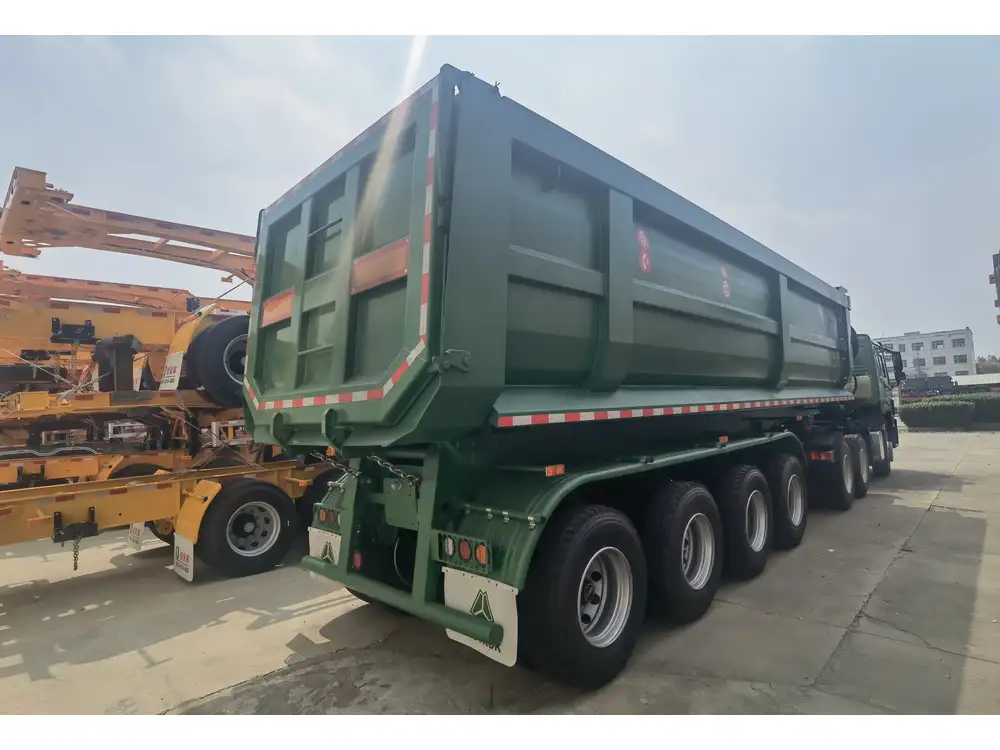
What is a skel truck?
A skel truck is a specialized vehicle designed for transporting containers, featuring a skeletal frame that supports the load while minimizing weight.
Can skel trucks transport different container sizes?
Yes, skel trucks can accommodate standard container sizes, typically 20ft and 40ft, making them flexible for various shipping requirements.
What industries benefit from using skel trucks?
Skel trucks are widely used across several industries, including logistics, retail, construction, and agriculture, due to their efficiency and versatility in transporting diverse goods.

How do I maintain a skel truck?
Regular maintenance includes routine inspections, timely servicing of critical components, and adherence to manufacturer guidelines. Establishing a relationship with skilled mechanics can also enhance longevity and performance.
Are there financing options available for purchasing skel trucks?
Many manufacturers and dealers offer financing plans and lease options tailored to the needs of businesses, allowing for manageable payments and access to high-quality equipment.
Conclusion: Making an Informed Decision
The journey to selecting the perfect skel truck for your business is filled with considerations and evaluations, but the potential benefits far outweigh the challenges. With a thorough understanding of your operational requirements, adherence to compliance standards, and a focus on technology integration and sustainability, you can make informed decisions that propel your logistics operations to new heights.
In summary, whether you are part of a large logistics company or a small freight hauler, investing in high-quality skel trucks is paramount to optimizing your supply chain and enhancing your competitive edge in the market. Consider not only your immediate needs but also the evolving trends that are shaping the future of transportation.



